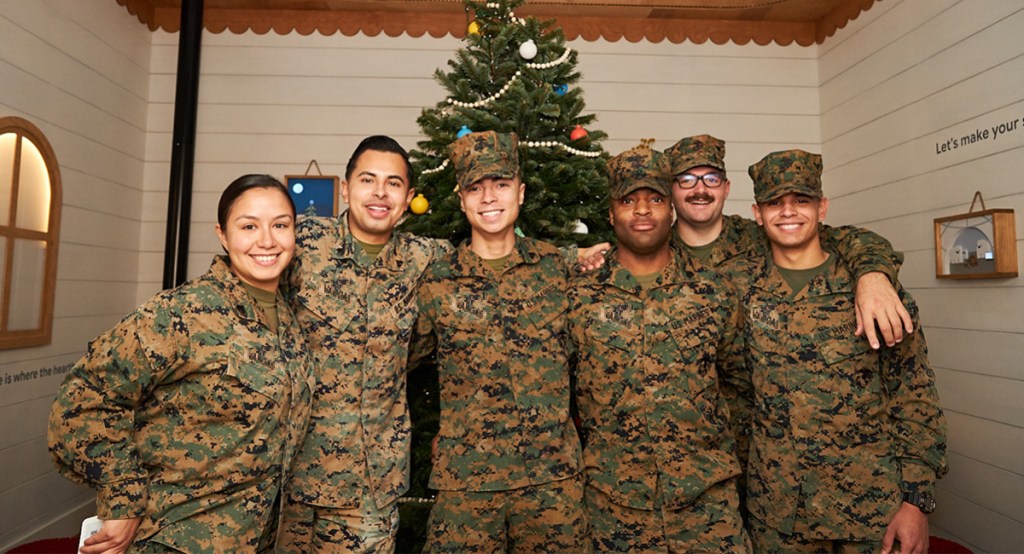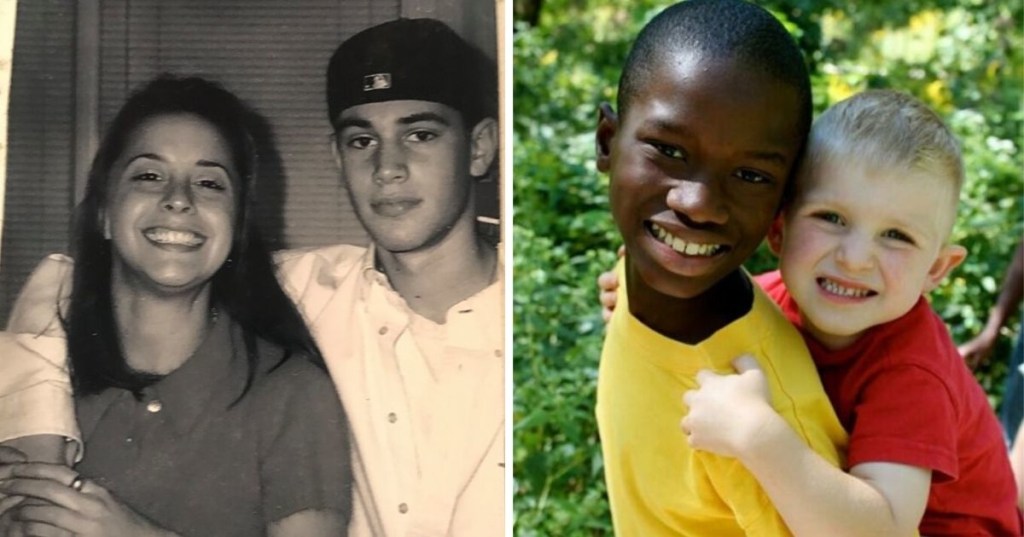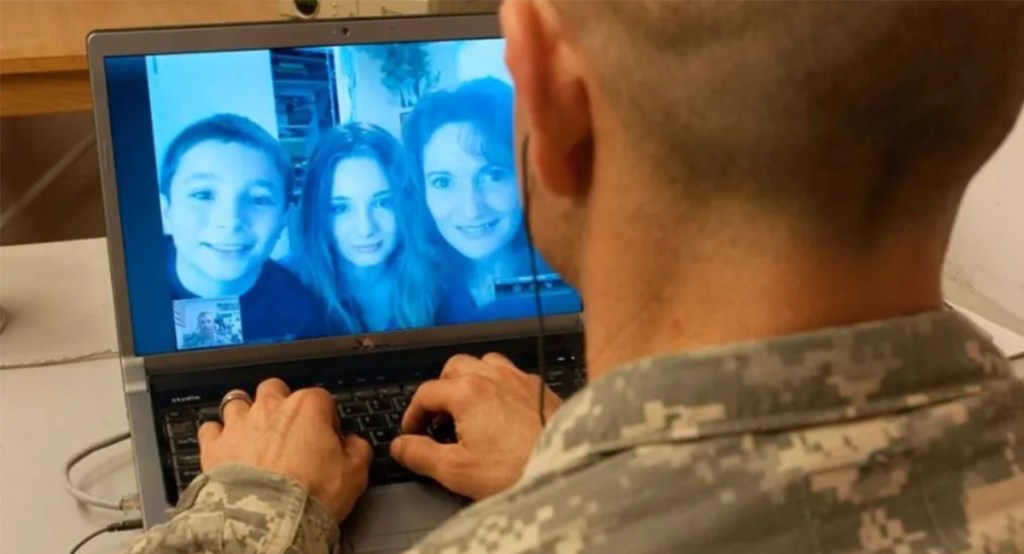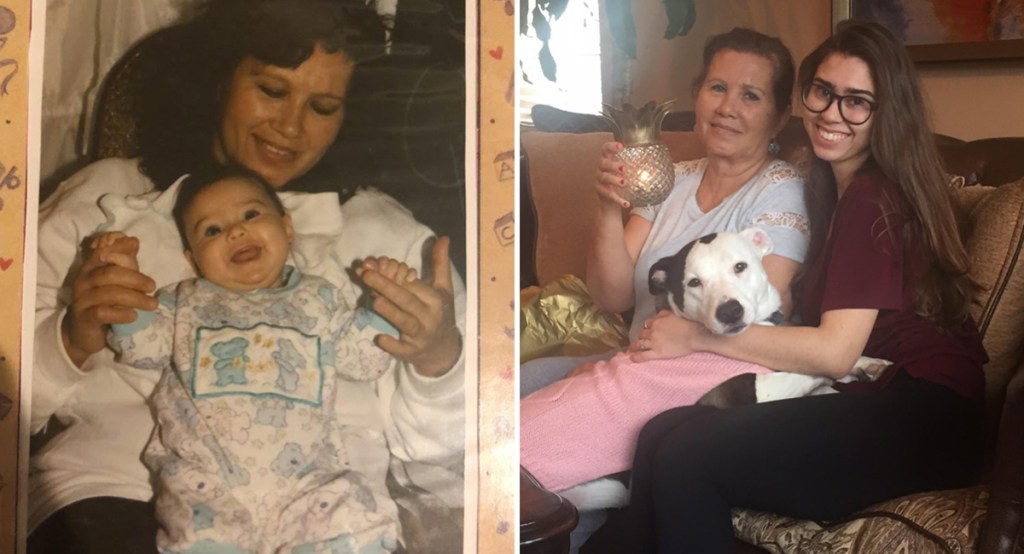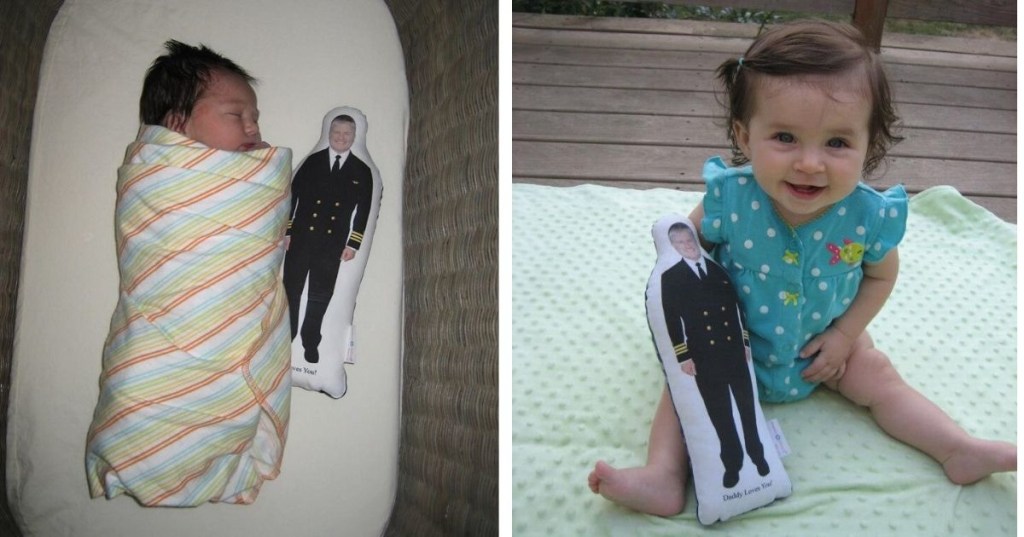The holidays are a time of connection. All over the world, families are reuniting, bonding, and making new memories that will last a lifetime. But for hundreds of thousands of military families, celebrating Christmas, Hanukkah, Kwanzaa, or Yule is impossible with service members stationed overseas. To paraphrase “I’ll Be Home for Christmas,” togetherness for military families during this time of the year may just be a dream.
Fortunately, in 2019, we can do a little bit better than dreams — thanks to tech. This year, the USO, the leading military support organization in America, and Google Nest are teaming up to ensure military families who can’t reunite for the holidays can always stay connected. With the Google Nest Hub, a digital assistant that makes it easy to share photos from all over the world in real time — families can keep in touch even across great distances.
On December 9, the two organizations constructed a festive gingerbread village at Camp Pendleton, the largest military base in California, to provide service members and military families with festive USO Holidays programming. The week-long experience brought a winter wonderland to the base and allowed military families to walk through life-size gingerbread houses to decorate cookies, make ornaments, write letters to Santa and more. For service members and military families who could not travel home or be with their families during the holidays, this provided the comforts of home. A full-scale gingerbread house was unexpected, but those attending the event got an even bigger surprise: Google Nest gifted Nest Hubs to military families, so they could stay in touch with those that matter most.

“As our service members and military families work tirelessly and make daily sacrifices, even the smallest reminder of home can have a huge impact,” says Chris Fowler, Director of Corporate Development at the USO.
“Throughout the year, our nation’s service members are there for us. This is our chance to be there for them. Whether we’re delivering care packages, hosting holiday events or enabling technology that brings loved ones together, the USO is making sure that service members and their families are connected to the comforts of home this holiday season.”
A partnership like this is a perfect fit for the USO, as the nonprofit’s mission is to keep service members connected to family, home and country. The organization not only offers WiFi in 230 locations around the world, it also helps service members stay tethered to their families via a variety of services, including one that allows those overseas to record bedtime stories for their kids and have them sent back home. For military families, the Google Nest transforms each house into a helpful home — one which makes it easy to keep everything you need at your fingertips and stay connected to loved ones with just the press of a button.

You, too, can be a part of helping service members feel just a little bit more at home this holiday season. “As you enjoy your favorite holiday traditions,” Fowler says, “pause for a moment to show your support for those who remain on duty, protecting our nation.” When you make a donation to the USO, you’ll be delivering a piece of home to some of the people who need it most.
Google is providing Nest Hubs to USO families to help them feel closer this holiday season. Join us in supporting the USO at uso.org/googlenest.

